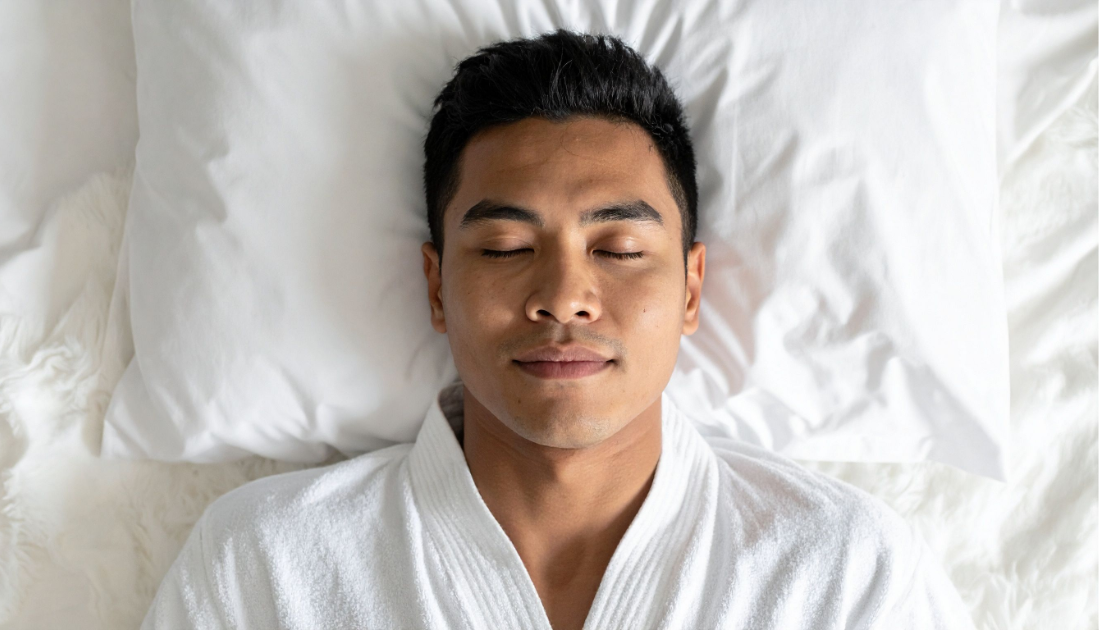Your name and gender could prevent you from landing an interview. But there's a solution.
You meet all the qualifications. Your résumé is perfect. But you don't get a callback.
Maybe there were a wealth of qualified candidates. Or maybe the reviewer saw your name and just "had a feeling." Too often, the latter turns out to be true, as unconscious bias often plays a role in hiring decisions, and it largely affects women and people of color.
Photo by WOCinTech Chat/Flickr (cropped).
That's why the local government in Victoria, Australia, recently launched an 18-month experiment with blind applications.
Yeah, it's basically the human-resources equivalent of "The Voice."
GIF via "The Voice."
The trial will evaluate which pieces of personal information like age, gender, name, or location should be shown or hidden from reviewers during the employment application process. Government departments and agencies as well as a few private companies in the region will take part (the latter will receive financial benefits for participating).
But of course, Australia isn't the only nation with this problem. Not even close.
Here's why hiring managers and recruiters everywhere need to consider blind applications.
1. Because just using your given name can make your job hunt exponentially longer.
One study found that candidates with African-American-sounding names were 50% less likely to move forward to job interviews than candidates with white-sounding names, even with identical résumés. And research from the Australian National University revealed that to get as many interviews as an applicant with an Anglo-sounding name, a person with a Middle Eastern name would have to submit 64% more applications. A person with a Chinese-sounding name? 68%.
Photo by iStock.
2. Because even though we've shown them time and time again, some people still don't think women can get the job done.
In the1970s and '80s, orchestras around the world began using blind auditions to fill their ranks. Musicians perform behind a screen to disguise themselves, even removing their shoes if they could be a giveaway.
Photo by Miguel Medina/AFP/Getty Images.
When orchestras use the screen — even just for preliminary auditions — women are 50% more likely to make it to the final round of judging. Many attribute the increase in women in performance ensembles over the years to these blind auditions.
A recent (non-peer-reviewed) study of women coders got similar results. When those judging their work didn't know they were women, the reviewers were more likely to accept their suggestions.
Photo by WOCinTech Chat/Flickr (cropped).
3. Because even your neighborhood can make people think twice about hiring you.
As if name and gender weren't enough, individuals making hiring decisions sometimes judge applicants on their address too. Regardless of race, people living in more affluent, better-educated neighborhoods receive more callbacks for interviews.
Photo by iStock.
Our biases continue into the interview process. Luckily, there ways to overcome them there too.
Some argue that interviews themselves are simply exercises in affirmation bias and aren't the best way to hire people. As Ori Brafman, behavioral expert and co-author of the book "Sway," told the New York Times: "Time and again, the research shows that interviews are poor predictors of job performance because we tend to hire people we think are similar to us rather than those who are objectively going to do a good job."
His suggestion? Replace the "first-date" model often used in interviews and stick to the facts: examples of past performance.
Photo by iStock.
Unconscious bias is just that: unconscious. But there are steps we can take to give qualified applicants a fair shot.
All of us, regardless of gender, race, or age have biases. It's up to us to acknowledge them, identify them, and take active steps to keep them out of the decision-making process.
It's easier said than done, but like this trial run in Victoria, we have to start somewhere.
Photo by iStock.



 A
A 

 Each of those arms has its own brain?
Each of those arms has its own brain?
 A man sleeps peacefully.
A man sleeps peacefully.  Woman snuggled in bed.
Woman snuggled in bed.
 The size of Japan compared to the United States.Image via Wikimedia
The size of Japan compared to the United States.Image via Wikimedia